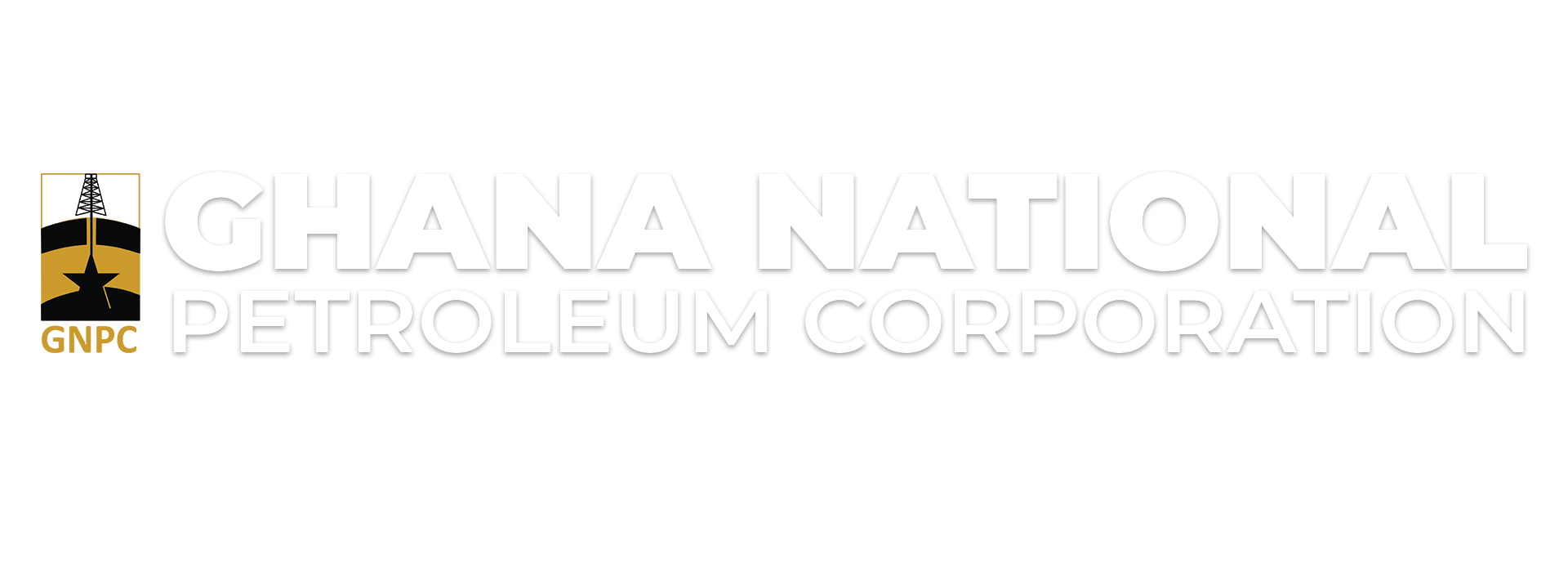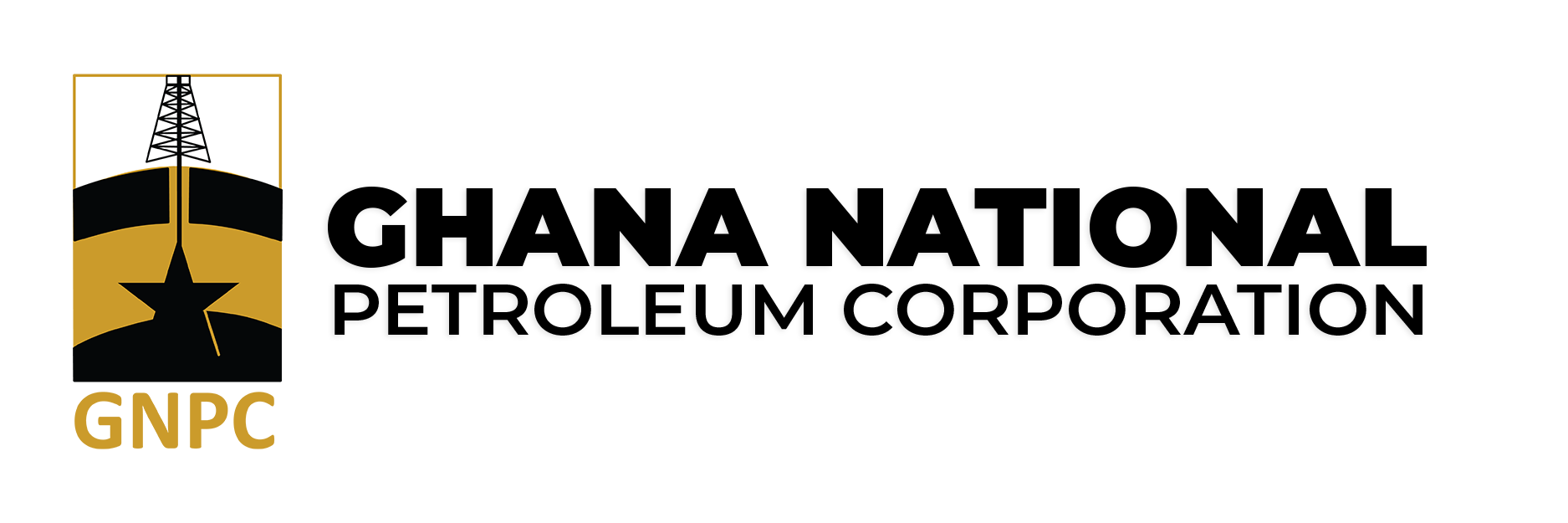Our Expert Answers
Freqently Asked Questions
Ghana National Petroleum Corporation (GNPC) was established in 1983 and started operations in 1985 to support the Government's objective of providing adequate and reliable supply of petroleum products and reducing the country's dependence on crude oil imports through the development of the country's own petroleum resources.
In addition to the functions of petroleum exploration, development, production and disposal activities, the Corporation took over the assets, liabilities and functions of the then Petroleum Department and assumed responsibility for the importation of Crude Oil and Petroleum products to meet national demand.
The President of the Republic of Ghana.
GNPC is Ghana's national oil company mandated to explore on its own or partner all contractors in the exploration and production of petroleum in Ghana. The PC regulates, manages and coordinates the activities of all upstream operators including GNPC. The function of the MoEP is to formulate, implement, monitor and evaluate energy sector policies. Both GNPC and PC are Agencies under the MoEP.
Petroleum resources existing in its natural state within Ghana are the property of the republic of Ghana and held in trust by the government on behalf of the people of Ghana (Ghana Constitution Article 257 (6); PNDC Law 84, Section 1.1)
It refers to crude oil and natural gas or simply oil and gas. These are mixtures of hydrocarbons which are molecules, in various shapes and sizes of hydrogen and carbon atoms found in the small, connected pore spaces of some underground rock formations. Hydrocarbon is the term used to describe any organic compound consisting only of carbon and hydrogen.
Hydrocarbon is derived from the decomposition of organic matter, algae and bacteria trapped and preserved in sedimentary deposits. Burial of these deposits and the corresponding increase in heat and pressure 'cooks' the organic matter. This breaks down the complex hydrogen and carbon molecules and converts them into solid, liquid or gaseous hydrocarbons known as fossil fuels.
It is the estimated volumes of recoverable oil and gas within the petroleum reservoir. A reserve is classified as proved, probable or possible depending on the likelihood that the estimated volumes of oil and gas can be economically produced i.e.: (oil is found in commercial quantities).
13.64% (i.e. 10% carried interest and 3.64% additional interest)



